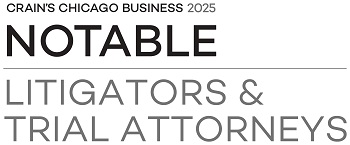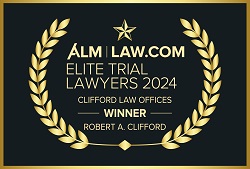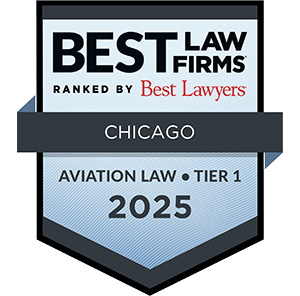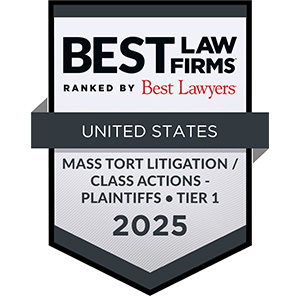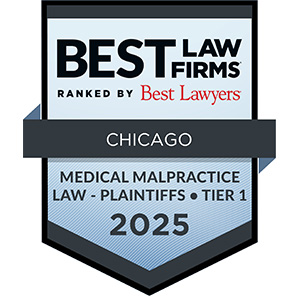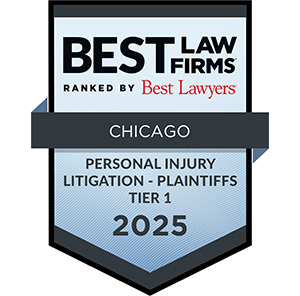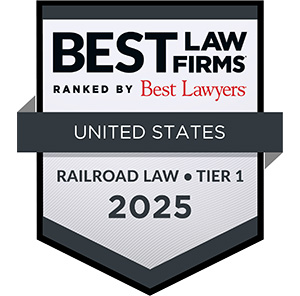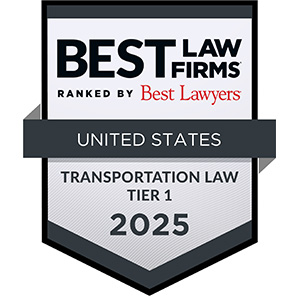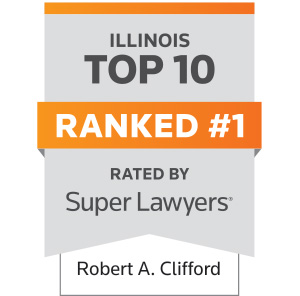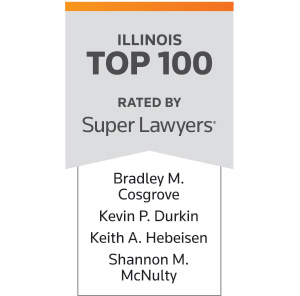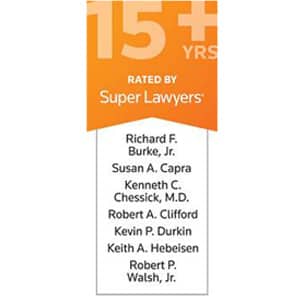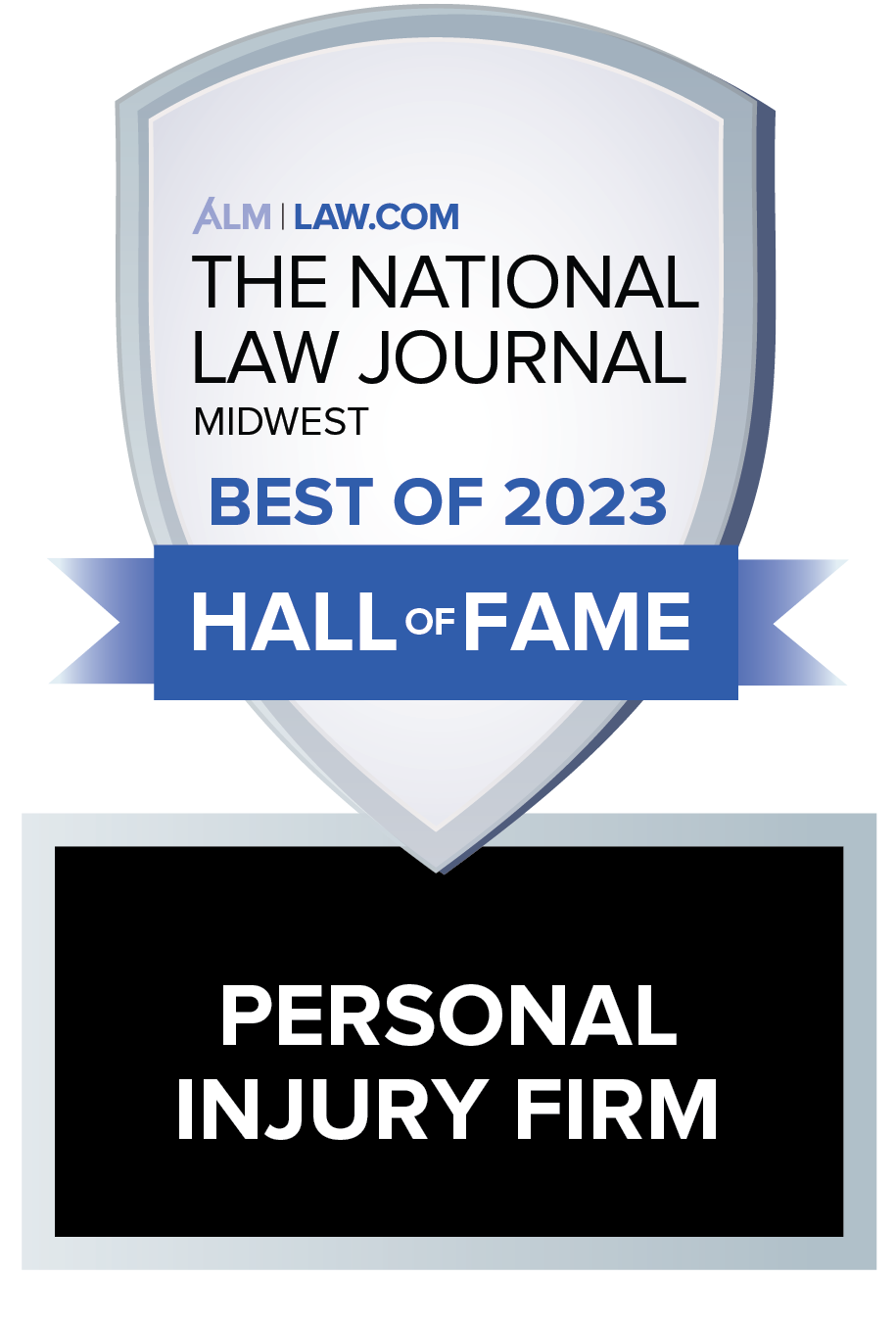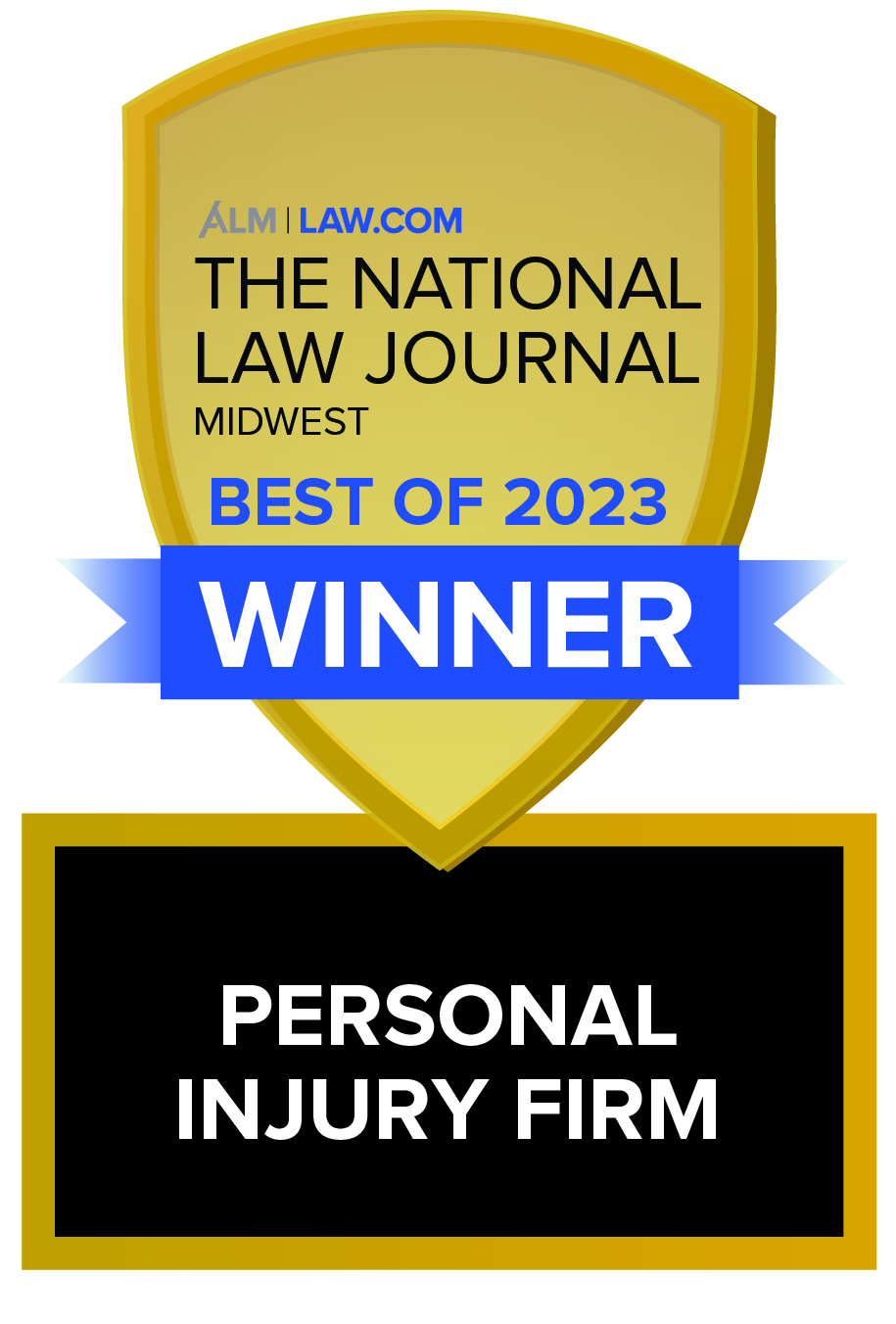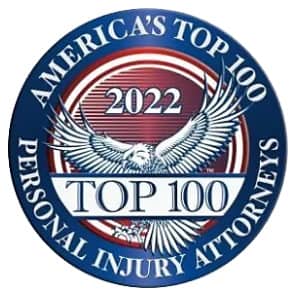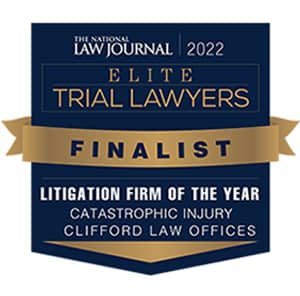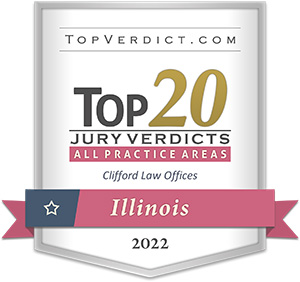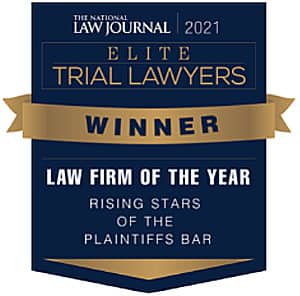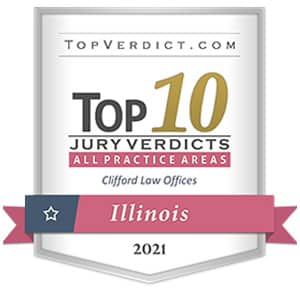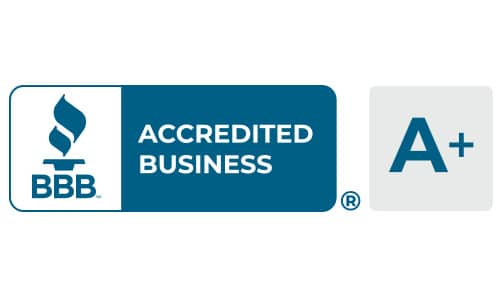Shannon McNulty of Clifford Law Offices speaks about the many areas of transportation liability law involving trucks, railroads, tractor trailers, motorcycles, and helicopters. She comes to Clifford Law Offices with a wealth of professional experience, including having worked for 10 years with the administration of the Chicago Police Department. Shannon is a part of the legal team that handles cases involving the roll-overs of a number of sport utility vehicles, known as SUVs that have resulted in the death or serious injuries of their occupants, and she also has been involved in the trial and small plane crash cases in the Chicagoland area. Shannon gives back to the Chicago community, having worked in the Albany Park neighborhood on crime prevention efforts, which resulted her in being recognized for outstanding service by the UNITE Civic Organization.
What is a commercial vehicle?
Shannon: It’s essentially any vehicle that engaged in commerce that’s an easy way to remember it. When we speak of commerce, we think of the transportation of goods or live stock, the transportation of people.
Are there any special rules or regulations that govern commercial vehicles?
Shannon: Actually the Federal Motor Carriers Safety Regulations (FMCSR) as well as the state’s regulations will govern the operation of commercial vehicles. In the state of Illinois, in addition to the FMCSR, would be the Illinois State Police and Department of Transportation that assist in the enforcement of those regulations.
Are drivers of commercial vehicles required to have a special license?
Shannon: They are. Drivers of commercial vehicles are required to have a CDL. And that is a drivers license that allows them to operate commercial vehicles. And it’s significant for the drivers to have the CDL because it allows for a proper evaluation of the driver’s ability to operate those vehicles.
Are truck drivers and commercial vehicle operators required to carry insurance?
Shannon: They are, much like drivers of passenger vehicles such as ourselves. The Federal Motor Carrier Safety Regulations require $750,000.00 minimum in insurance. And the state of Illinois has a requirement of minimum of $1 million.
There are strict laws on drinking and driving when it comes to commercial drivers as well, isn’t there?
Shannon: That’s absolutely correct. Again, those rules are enforced by the Illinois State Police as well as many other law enforcement agencies throughout all of our states, but also the federal government is very strict of the enforcement of its regulations.
Is there a time limit for how long the driver of a commercial vehicle can spend on the road?
Shannon: There are. And there are many exceptions and variations on the time limits, but essentially the general rule is no more than 11 cumulative hours of driving after the driver has had 10 consecutive hours off. And that essentially translates no more than 70 hours in an eight day work week. Those hours are documented in driver logs and so the driver must be diligent in maintaining his logs indicating hours of operation; meaning the hours he or she is driving as well as the hours they are at rest. And the state police as well as many other municipal law enforcement agencies are again vigilant in checking those logs whenever you see, for instance a weigh station or sometimes a police officer may decide to stop a driver for any number of reasons and those logs should be on hand and those logs should be up to date through the hour.
Is that why trucks are parked on the side of highways, in the middle of nowhere, because this is the time they need to stop?
Shannon: They do, they are going out of service so that they can comply with the federal regulations as well as the regulations of the state and that is exactly what you are seeing.
What is driver fatigue and how does driver fatigue cause collisions?
Shannon: We find in cases involving driver fatigue that the logs aren’t always accurate because they have to comply with them and they want to drive longer hours if they have to. So what we try to do in those cases is to see things like gas receipts, meal receipts and put them at different times at specific locations. It may be in contradiction to their logs. The goal of the Motor Carrier Regulations is to prevent driver fatigue, which is great, but there are always people who are going to try to get around it. So driver fatigue is a big cause of truck accidents. You see trucks that leave the roadway because drivers doze off, just like any driver, but because of their sheer size and destructive nature, they have more consequences usually.
A lot of these Driver Logs are recorded by the truck driver themselves. Isn’t that right?
Shannon: That’s true. It is by the driver’s honor; however, usually the driver is working on behalf of a company. Either they are being dispatched on behalf of a company or a company had decided they need a particular good transported and they rely on this driver. And so the obligation is on the companies as well to make sure that they don’t have a driver simply creating logs that are not in fact accurate in reflecting their true hours of service. As Kevin mentioned, we see incidents where that does unfortunately occur and it is especially important for the driver to follow those requirements because of degraded judgment, decreasing coordination, and as well, these drivers need to have the information and training and supervision by the companies they work for to make sure that they are adhering to the regulations with respect to being out of service versus in service.
Do you find the companies themselves, the bosses, saying to these drivers, you need to get here by a certain time; I don’t care what it takes?
Shannon: There is always pressure in that industry to deliver “on time”, but many carriers are very responsible. There are many that cut corners and those people are the ones that need to be scrutinized by the government to make sure the drivers are following the regulations.
Are there rules for how a commercial truck should secure its cargo?
Shannon: There definitely are rules and most of the trucks, dependent on what load they are carrying have sufficient containment mechanisms available to them. For example, trucks carrying waste to management facilities require special containment mechanisms so that pieces of materials aren’t flying out of the truck onto the road, which poses a very obvious hazard.
If something flies off of the truck onto the road, can you call the number that you find on the truck and are they responsive?
Shannon: It is very important to call those numbers when you see something that you believe could pose a risk or a safety hazard on the highway. And with respect to securing the cargo, the driver is actually required to inspect their cargo after the first 50 miles of operating their truck and every three hours or approximately 150 miles thereafter. And that allows for a little bit of self-policing because as can happen, a driver may not know that their cargo has become unsecure. And so it is incumbent on the driver as well as all of us driving on the road to call those numbers and make certain that the driver is aware of any safety hazard posed.
Is there anything you can do as a motorist if you see a construction truck that has stuff in the back, but doesn’t have the tarp pulled over?
Shannon: Sure, regardless of the type of vehicle, or what is being transported, the fact is that these trucks cannot have debris coming out of them and approaching oncoming traffic or traffic that’s passing or following them. And so you do need to contact the company. Usually you’ll see a number on the back of the truck; sometimes if you are along side of the truck, you might notice that it’s operated by a particular company. You don’t necessarily need to call right then and there. If you are going to make that phone call, you do need to pull off to the side of the road to be safe or go to a rest area, go to a gas station, and then make the phone call to either that company or you can also call the non-emergency number of either the local police department or the state police. If you do believe that it is posing an emergency situation, then again, you need to pull your vehicle off the road and in that case you could call 911 to have a more instant law enforcement response.
How should a motorist identify the vehicle that they are reporting?
Shannon: Often, in a situation where you are in traffic, it’s difficult to get license plate information, so you want to get a good sense of where you’re traveling at the moment — the mile marker or something, the time of the day, get as good a description of the truck as you can. If it’s a dump truck, if it’s a fuel truck, if you can get the color of the tractor and the color of the trailer. If there is any writing that you can see on the trailer or the tractor gives that information. If by some chance you were at a rest area, and you did have an opportunity to write down the license plate information, or any other identifying information on the truck, that’s always going to be helpful.
What are some common causes of accidents involving trucks?
Shannon: I think we see the same causes in accidents as we do with passenger vehicles. As I mentioned, driver fatigue plays a big part in these commercial vehicles getting involved in accidents because they are often under pressure to make a delivery within a certain amount of time. There are distractions, you know, Illinois has the most cell phone restrictions, other distractions can come into play for the drivers of those commercial vehicles. And sometimes we see mechanical failures on the truck. There is just something that has not been maintained, whether knowingly or by surprise, and the mechanical failure can cause the truck to become involved in a collision. And again, important to what I mentioned earlier with the CDL, there are instances where the driver just lacks the actual ability to operate a commercial vehicle under certain driving conditions that trucks to encounter, such as mountains or icy road conditions. Again, that can cause the accident.
What is an under-ride accident?
Shannon: An under-ride accident is a situation where the height of the commercial vehicle allows for a passenger car to go under the trailer and the structural components of a passenger vehicle are tested and regulated for many things, including frontal collisions. However, passenger vehicles are not designed or tested to absorb the impact rather of passing under a commercial vehicle. And so it’s very important in the design of commercial vehicles to take into consideration the ability of a passenger vehicle to pass under it and to take steps to prevent that occurrence from being allowed to happen.
What should I do if I become involved in an accident with a commercial vehicle truck?
Shannon: I think the first thing you need to do as in any accident is to stay calm and determine if you need medical help or if anyone else involved in the accident requires medical attention. In that instance, you want to call 911. Once you determine if there is any medical needs, you want to allow the police to do their job. You want to make sure the police have been called and allow them to do their job. You don’t want to get out of your vehicle and engage in discussions or disputes with who did what or who caused what. You don’t want to start picking up materials or debris from the roadway. You want to leave that in place and let the police take care of that first. After you have spoken to the police, you want to make sure you get the information of all of the other drivers that have been involved in the accident. You want to get a name; you want to make certain that you have their insurance information. You want to have a contact number for them. And you want to make certain that you have the name and contact information for the police officer that has arrived at the scene to assist in documenting the crash.
On your own, if you are able to determine if you are not requiring medical attention, you want to write down the license plate number and the department of transportation number that will be on the side of the tractor. Often, the tractor will have one license plate and the trailer may have another license plate. You want to write down that information as well. And so, similar to what we were describing, the type of information you need when you call the police to report a hazard, you’ll want to obtain that same information if you are involved in an accident.
Is that transportation number an IC number on the side of the vehicle? Is that the transportation number that we are talking about? Sometimes you will see IC and then a number next to it?
Shannon: That’s true. That is it.
Should I give a recorded statement if I am asked?
Shannon: You really should not give a recorded statement until you have spoken with a lawyer, and just because you speak with a lawyer, doesn’t mean you are going to proceed with litigation. Often your insurance company, your own insurance company, will require you to give a recorded statement. But frequently, the truck driver or the other driver’s insurance company will call you or contact you to ask for a recorded statement. And before you do that, you really want to make certain that you understand the facts and circumstances of the accident and usually talking with a lawyer will help you in that regard so that you are at least educated before you go ahead giving that recorded statement.
Is it important to actually know your right as a victim before you do something like that?
Shannon: It sure is. So, it’s important though to know your rights. It’s important that you consult with counsel before you start giving recorded statements. And ultimately, you are going have to cooperate with your own insurance company. If they have retained counsel, then it is a prudent idea to do the same so that you know what you are doing when you are speaking with them. First and foremost, your safety and the safety of the people that you are with is the utmost important. But after that, you find out in these occurrences, that sometimes when witnesses come and assist you, they are gone by the time the police get there. So it’s not a bad idea to get names, numbers of people that are around you. And they may not ultimately be interviewed by the police, but you will just remember that person that came and told you what that truck did. If it results in litigation, your attorney may be able to track down all of the witnesses.
What is an accident reconstruction and how is it used in a crash investigation?
Shannon: An accident reconstruction as the name implies is just that. It’s a reconstruction of what occurred at the time of the crash and its an application of physics and science and engineering principles to a crash scene which relies on evidence either in terms of witness statements, driver statements, as well as physical evidence at the scene such as skid marks, there might be ruts in the roadway, gouges in the roadway, all of those things, an exploded tire, all of those aspects of physical evidence allow a certified crash reconstructionist to provide a basis to say what happened at the time of the crash or what most likely occurred at the time of the crash.

